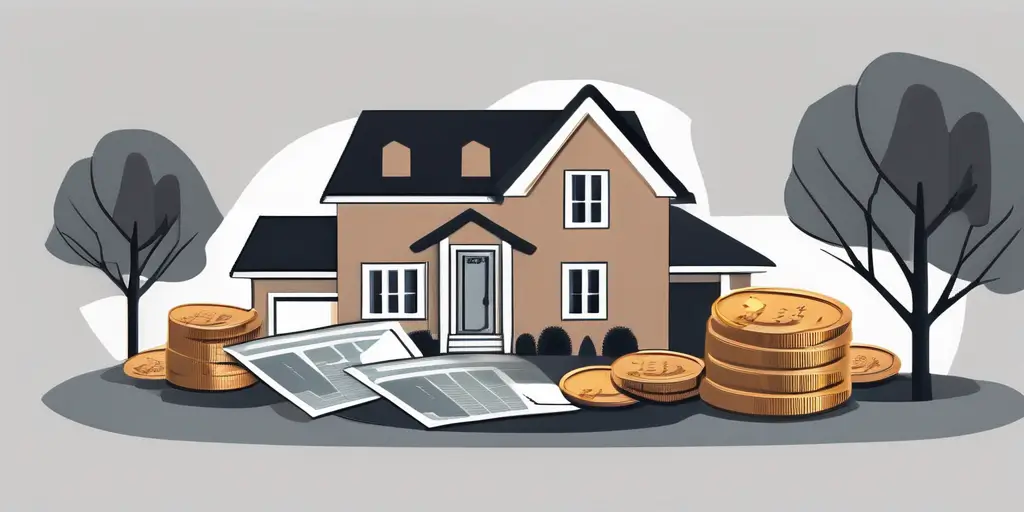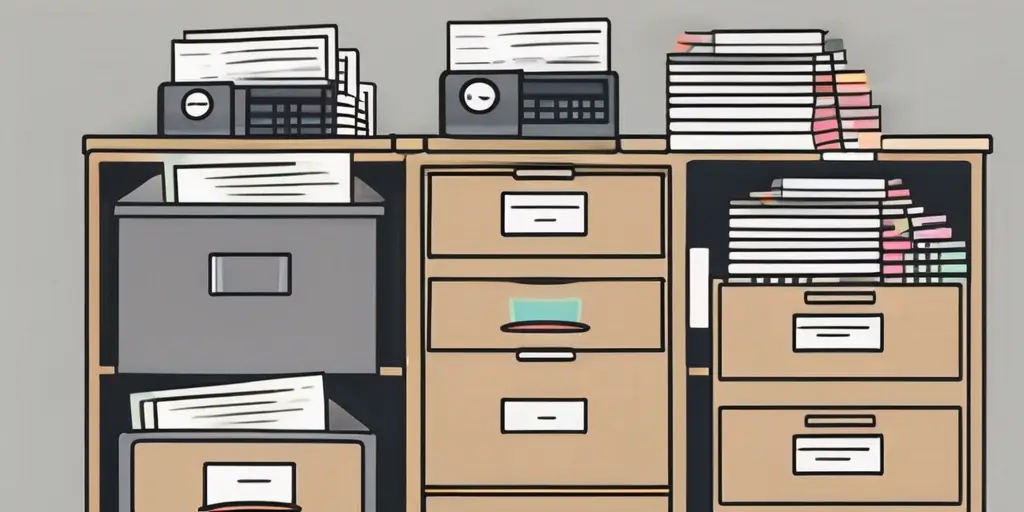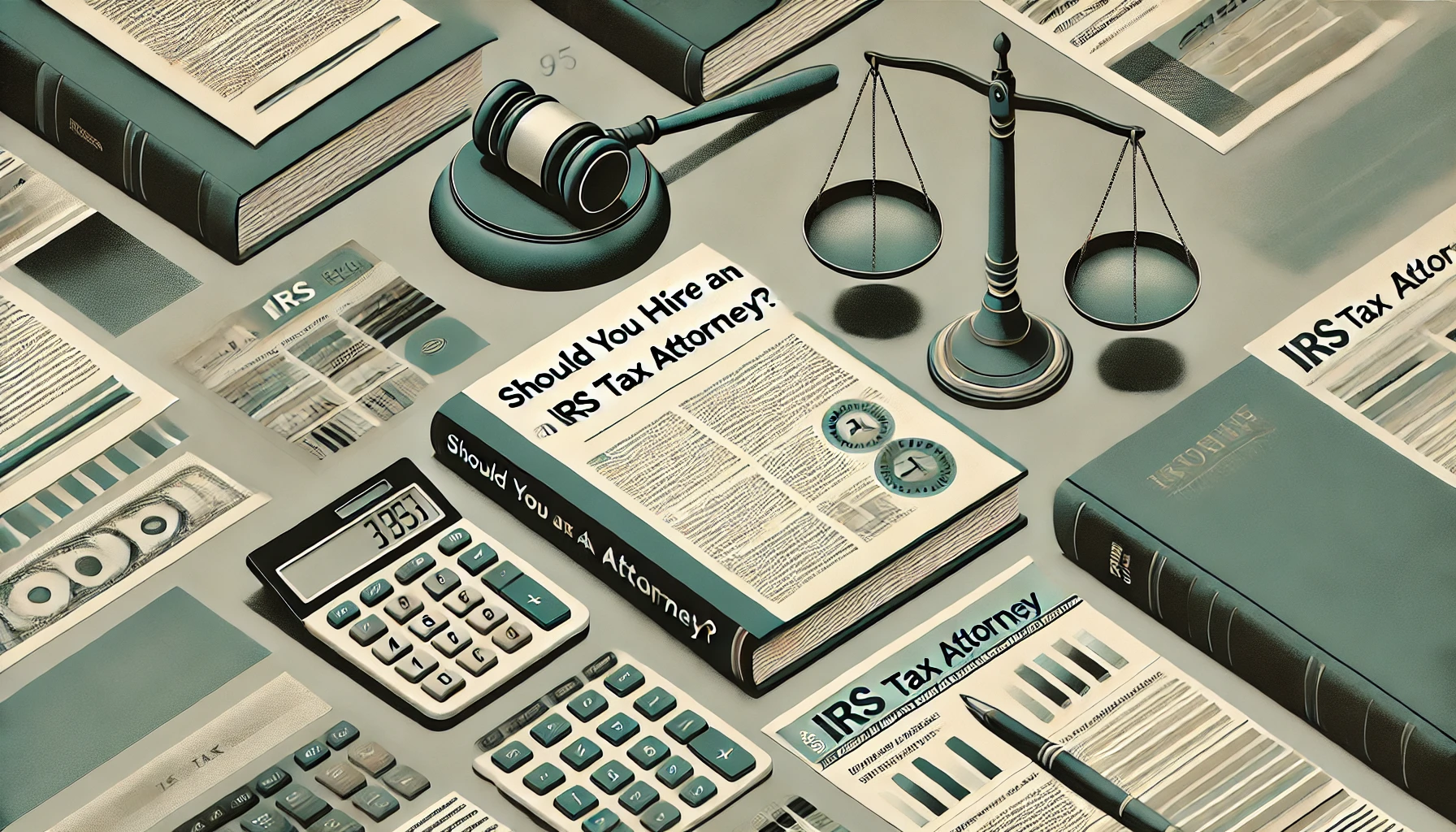If you receive an IRS notice titled “Notice of Intent to Levy” it can feel terrifying and overwhelming having your finances held hostage. Thankfully, tax experts can help release active levies and even remove them from your record before serious damage.
This guide explains exactly what an IRS levy is, types of levies, and how to stop a levy to regain control of your tax situation.
What is an IRS Levy?
An IRS levy is a legal seizure of taxpayer assets like money in bank accounts, wages, retirement funds and even houses or cars to satisfy unpaid back taxes.
It provides the harshest enforcement technique available for the IRS to involuntarily collect overdue tax debts. Levies quickly strip money and assets away if tax issues remain unaddressed.
The IRS can only levy after sending multiple ignored notices demanding payment of taxes owed and providing warnings of their intent to issue a levy order. Even then a final 30-day Notice of Intent to Levy must be sent allowing a last chance to resolve tax debts before the levy occurs.
Unfortunately busy taxpayers often overlook these warnings until money vanishes from their bank account or paycheck through an active levy. This mandates quick action to release the levy and regain assets.
Types of IRS Levies
While all levies allow seizure of assets to pay IRS tax debts owed, different levy types target specific taxpayer property including:
Wage Levies:
- Orders sent to employers forcing them to handover percentages of an employee’s paycheck ranging from 15% to 100% until tax bill satisfies
- Continues each pay period until levy releases or tax debt paid
Bank Levies:
- IRS seizes all funds from checking and savings accounts to pay toward tax owed
- Typically repeats each month draining accounts causing overdraft fees
State Tax Refund Levies:
- Seizure of tax refunds owed by state treasury departments
- Prevents taxpayers annually counting on refunds from ever receiving them
Retirement Fund Levies:
- IRS can capture section of retirement account withdrawal attempting to access funds
- Permanently raises retirement income taxes due
Your Tax Relief
Solution is Here

What Triggers a Tax Levy?
Common scenarios causing IRS levy actions include:
- Failing to pay tax debts after receiving multiple notices
- Not setting up installment plans for amounts owed
- Defaulting on existing IRS installment agreements
- Neglecting to file tax returns multiple years
- Quitting responses after lengthy IRS audits
Being Self-Employed Also Risks Levies
Not making quarterly estimated tax payments, underpaying FICA taxes, and not staying current on payroll tax deposits all risk IRS levies down the road. Small business owners must fully comply with all filing and payment deadlines to avoid hands-on IRS enforcement action like levies.
How to Stop an IRS Levy
Receiving a bank or wage levy notice is scary but know tax professionals like Tax Help Attorneys can promptly release them using appeal strategies like:
Proving Financial Hardship
Demonstrating an active levy prevents meeting necessary living expenses like rent, medical bills, childcare costs etc. pressures the IRS to release it. Filing detailed Form 433 financial disclosures verifies limited income and assets.
Submitting an Offer in Compromise
Filing Form 656 Offer in Compromise allows settling IRS debts below total owed based on inability to repay in full. Meeting strict eligibility helps release levies but acceptance rate remains below 25%.
Entering Installment Agreement
If you can afford reasonable monthly payments, the IRS may release levy after establishing an approved installment agreement meeting their repayment guidelines.
Paying Off Specific Tax Period
Fully paying the specific tax year debt associated directly with the active levy often convinces the IRS to release the levy in 15 days or less.
Why Enlisting Tax Relief Services is Vital
Successfully proving financials and using tax codes to make strong cases to the IRS for releasing levies requires tax litigation experience and skills communicating with various agencies. Tax Help Attorneys open efficient channels ensuring quick levy releases. We will also negotiate lowest payment plans or settlements securing your assets.
Regain Control Over Your Finances
If you received an IRS notice threatening or imposing a tax levy against your bank account, wages or other assets, schedule a Free Consultation today! We help taxpayers facing IRS collection actions daily regain financial freedom!



